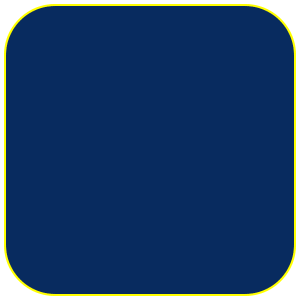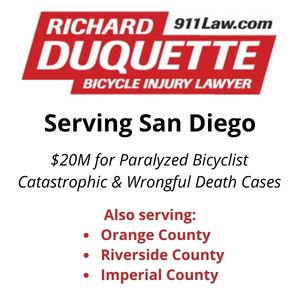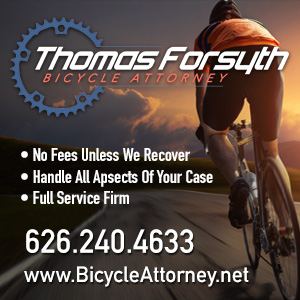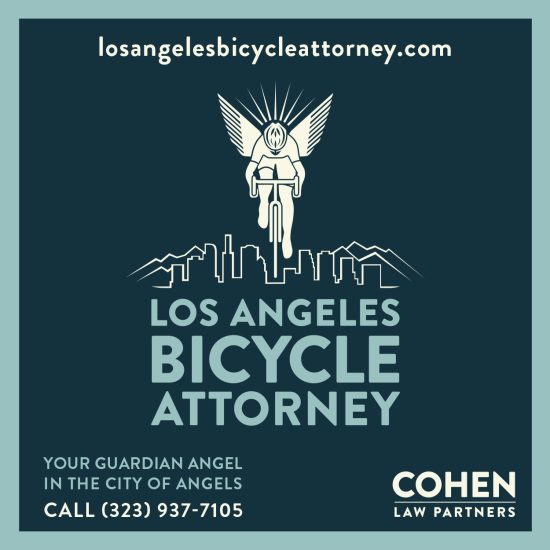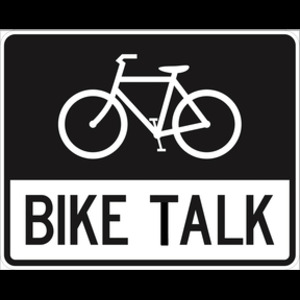I always wear a helmet when I ride. I wear polycarbonate sunglasses to protect my eyes. And padded bike gloves to cushion my hands and prevent road rash if I should fall.
I ride defensively, keeping a close look out for dangerous, careless and otherwise inattentive drivers. As well as dogs, pedestrians, tourists and other cyclists. And bees, of course.
But none of that prevented the sun from shining down on my unprotected face, causing a single, minute cell to mutate. And eventually, develop into a tumor hiding in plain site on the side of my nose.
It could have happened when I lived in Colorado, riding 50 miles a day, seven days a week, in the rarified high-altitude air that lets more of the sun’s damaging rays penetrate. Or maybe it began in San Diego, where the near-perfect weather invited leisurely, day-long rides around the bay or up the coast.
It might even go all the back to my childhood, when family doctors still said the sun was good for you, and suntan lotions magnified, rather than blocked, the sun’s damaging rays.
It doesn’t really matter. It’s done, and I have it.
I have skin cancer.
For the first 10 or 15 years of my riding career, it would never have occurred to me to put sunscreen on my face. In those days, it was used to prevent sunburn, not skin cancer. And as a year round cyclist, I had a dark enough tan that sunburn wasn’t an issue.
Eventually, the various warnings about skin cancer got through my thick skull, and I started wearing an SPF 8, then a 25.
Now I wear an SPF 50 on every exposed surface, every time I ride.
Funny thing is, I noticed a hard little spot about the size of a pinhead on my nose three or four years ago; three different doctors dismissed it as harmless.
It was the fourth, a dermatologist, who didn’t.
My doctor had referred me to have something else checked out; she quickly determined that was harmless. But as long as I was there, I pointed out that other spot once again.
As first she agreed with the other doctors, since it lacked the irregular shape and discoloration typical of skin cancers. Then she looked at it again, this time under magnification, and spotted a raised outer ridge and central depression typical of basal cell cancer.
Still, she was reasonably certain it wasn’t cancer. But decided to do a biopsy just to be sure.
Then about a month ago, I was on my bike when my cell phone rang. The doctor said the biopsy had confirmed a basal cell carcinoma. As she put it, “There’s no such thing as a good cancer. But if you’re going to have cancer, this is the one you want.”
The good thing about it, she explained, was that, unlike a squamous cell carcinoma or the more serious melanoma, this type of cancer grows slowly and doesn’t spread. It can be removed surgically, with no further treatment required.
No radiation, no chemo.
But now that I’ve had the first one, I’ll be at greater risk of a recurrence, for the rest of my life.
Unfortunately, its location in the middle of my face meant that she couldn’t do the surgery. It requires a specialist capable of getting all the cancer while minimizing the scarring. She got me a referral, and I made the appointment.
For tomorrow.
As I understand the procedure, they’re going to remove all the cancer they can see, then biopsy it on the spot. If it shows they got it all, they’ll patch me up and send me home; if not, they’ll repeat the procedure until the biopsy comes back clean.
A little discomfort, a few weeks to heal and — hopefully — a small, barely noticeable scar.
I’ll be fine. Really.
But if you want to help, there is something you can do. Put on some sunscreen before your next daylight ride, and every one after that. And if you notice any unusual spots or bumps on your skin, or any moles that change shape or color, show it to your doctor; if it doesn’t go away, don’t take “it’s nothing” for an answer.
Because clearly, drivers aren’t the only danger we face out there. And nothing would make me happier than to know that my cancer helped prevent yours.
If you feel compelled to do something more, consider a donation to the American Cancer Society, so maybe they can find a cure before you or someone you love needs it.
I have skin cancer.
With a little luck, a few hours from now, I won’t.


